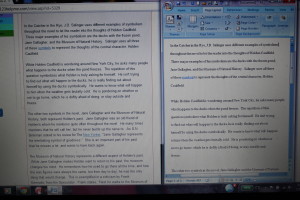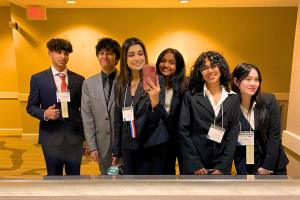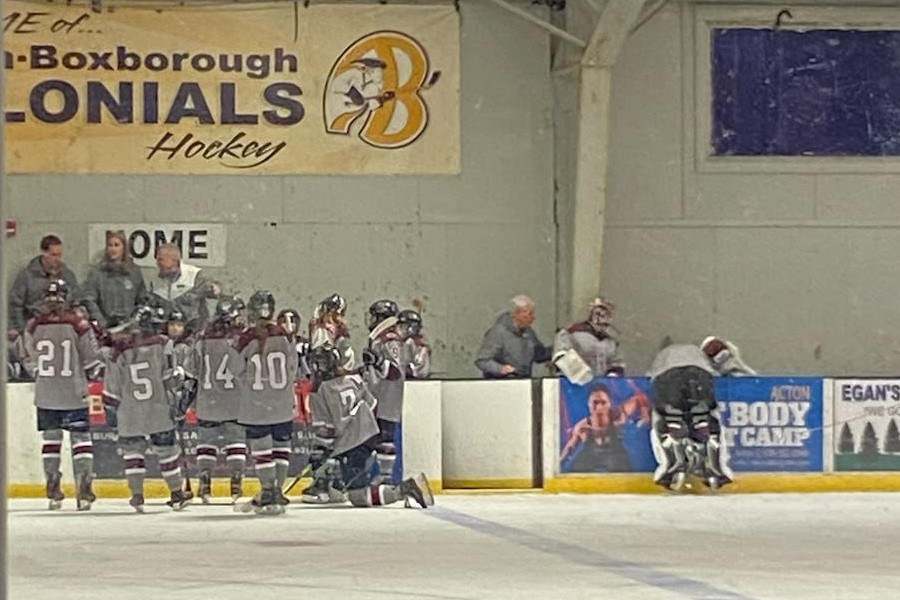By Ellie Smith
Features Editor
Cheating is a growing issue at schools around the country. With more and more students using electronics, it has become easier to cheat on assignments and tests by searching for answers on a phone. Cheating is also seen in various methods including plagiarism where students use the internet to copy another person’s work and turn in the assignment as their own work.
According to a study done where 43,000 high school students in both public and private schools were surveyed, 59% of students admitted to cheating on a test during the last school year and 34% reported cheating more than two times. The study also showed that one in three high school students admitted to using the internet to plagiarize an assignment.
Cheating and plagiarism occur at the majority of schools in the country, and these instances of cheating may sometimes go unnoticed. However, if a student is caught, they face consequences that can greatly affect them as well as their grades.
Most students are unaware of the severity of the consequences put in place for cheating and plagiarism. When caught by a teacher, the student faces severe repercussions including receiving a zero on the test or assignment and the incident is reported to administration by the teacher.
According to the WA student handbook, “whenever a student is guilty of cheating or plagiarism, the teacher shall confiscate the student’s paper, mark a zero for the work, and notify the parent, the Administrative office, and the National Honor Society Advisor, if appropriate, as to the action taken…a second offense will bring automatic suspension from school.”
Also, students caught cheating will not be eligible for honors or high honors status on their report card.
I think that cheating is a problem at WA just as much as its a problem at probably every other school.
-English Teacher Lynn Bonakdar
The first offense, though often reported to administration, mainly affects the relationship between the teacher and student.
“You break the [teacher-student] relationship when you cheat, but you can build it back up, so I think it should start with the teacher,” said Dean Betsy Murphy.
Math teacher Mark Quattrocchi feels that many students do not realize the severity of the second offense for cheating and that cheating once in two different classes also counts as the second offense.
“I think what a lot of kids don’t realize it that if you cheat once in one class and once in another class, that counts as the second offense. It’s not just the second time in the same class,” said Quattrocchi. “A lot of students don’t realize that and there can be more severe consequences for the second offense.”
Math teacher Wendy Croteau feels that though cheating is less common in math class because the students must show all of their work, she has seen students cheating in a variety of ways.
“[I have seen] students writing formulas on their desks, looking at other students’ papers during a test or quiz, hiding cheat sheets inside their calculators, and discussing specific test and quiz questions with others that haven’t yet taken that test or quiz,” said Croteau.
English teacher Lynn Bonakdar says that she doesn’t see students cheating very often, but when she does, it usually is plagiarism or taking ideas from online sources.

“I personally catch cheating mostly in essays with plagiarism and sparknotes. I have seen students copy and paste from sparknotes and forget to change the font to match the rest of their essay,” said Bonakdar. “Another thing that some students may not realize is that taking ideas from online sources is also considered cheating.”
Though cheating may be a problem at many schools, steps can be taken to prevent cheating and plagiarism in the classroom.
Murphy understands that students feel pressure to achieve high grades, which is a reason why some turn to cheating to ensure a passing grade. However, many teachers help to prevent cheating through effective techniques such as walking around the room several times during a test.
“I think that the culture of our school is a very high achieving academic culture and we like to think that people have that moral compass where they think right from wrong,” said Murphy. “Turnitin.com and teachers proctoring during tests instead of sitting at their desk the entire time, those techniques help prevent cheating.”











